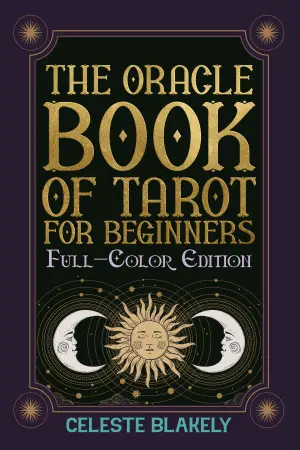Review of The Second Sun by P.T. Deutermann
When I first picked up The Second Sun by P.T. Deutermann, I was instantly intrigued by its premise: a historical fiction that delves into one of the most pivotal moments in World War II—the race against time to uncover Japan’s potential nuclear capabilities. As a newcomer to Deutermann’s World War II series, I wasn’t sure what to expect, but the fusion of history, suspense, and moral complexity hooked me immediately.
At the heart of The Second Sun is Captain Wolfe Bowen, a US Navy officer tasked with investigating a captured German U-Boat that harbors unsettling secrets, including uranium. His journey is not just a mission of national security; it’s a perilous navigation through the murky waters of ethics, loyalty, and the devastating implications of nuclear warfare. The tension escalates when Bowen teams up with Lt. Commander Janet Waring, a dynamic character whose fluency in Japanese and intelligence acumen brings depth to the narrative. Their interactions are laced with a mix of professional respect and personal stakes, perfectly illustrating the human element in the midst of global chaos.
What struck me most about Deutermann’s writing is his sharp command of detail. The vivid descriptions of Hiroshima and Nagasaki’s destruction lingered long after I closed the book, forcing me to confront the reality behind the numbers and headlines. I found his explanation of nuclear devices particularly enlightening—how the sun’s power could be channeled into such devastation. It reshaped my understanding of the atomic bomb as something more than a weapon; it was a disheartening marvel of science gone awry.
However, I will admit that some of the repeated sentiments regarding the protagonist’s animosity towards the Japanese felt a bit overdone. The theme of hatred is woven throughout the narrative, but I thought a more nuanced approach could have sufficed. The moral quandaries surrounding the bombings are undeniably vital to the story, yet focusing excessively on Bowen’s distaste felt somewhat distracting from the broader ethical implications at play. I often found myself yearning for more exploration of the complexities rather than a repetitive emphasis on animosity.
Despite this, the book is impeccably structured—tight, gripping, and filled with characters who possess rich backstories that elevate the stakes. Deutermann makes a compelling argument regarding Japan’s potential nuclear efforts, which kept my mind racing with historical ‘what-ifs.’ His portrayal is engaging enough to make me want to explore more of his series, even though this installment stands firmly on its own.
In conclusion, The Second Sun is an engaging blend of history, moral inquiry, and suspense that will resonate with readers who enjoy war narratives that compel introspection. If you’re fascinated by the intricate fabric of WWII and the ethical dilemmas surrounding technology and warfare, this book is certainly worth your time. For me, it wasn’t just a read—it was an exploration of humanity’s darkest chapters, one that left an imprint I won’t soon forget.
You can find more reviews and bookish musings at Man Of La Book. Happy reading!
Discover more about The Second Sun on GoodReads >>






